
As part of its review of supply chain development and efficiency opportunities, representatives of… Read more »

As part of its review of supply chain development and efficiency opportunities, representatives of… Read more »
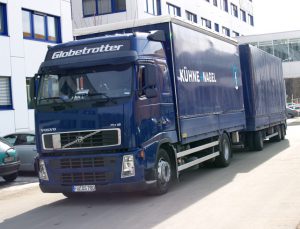
Kuehne + Nagel is to restructure in European markets in order to best exploit… Read more »

The European Commission has announced plans to challenge France over a new minimum wage… Read more »
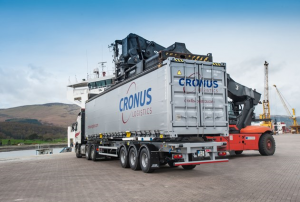 please click here.
please click here.
Europa Road, a division of logistics operator, Europa Worldwide Group, has launched a new… Read more »
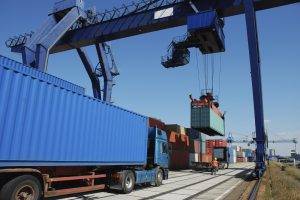
A new handbook, which includes 157 sustainable best practice logistics examples from across Europe,… Read more »
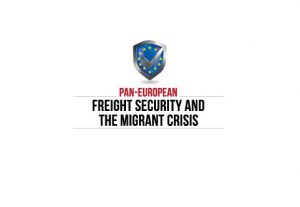
As the migrant crisis continues to escalate, the wide-scale commercial impacts on road haulage… Read more »
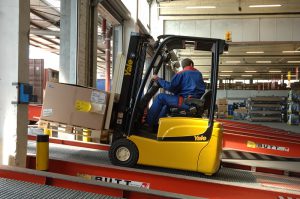
Yale has announced a change to the specification of its 3-wheel ERP15-20VT series, which… Read more »

Dutch fashion giant Varova is to centralize its logistics by tripling its distribution centre… Read more »
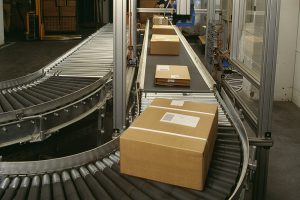
B2C Europe, a leading provider of cross border distribution and returns solutions in Europe,… Read more »

Peel Ports has been recognised by the European Business Awards, with the company shortlisted… Read more »
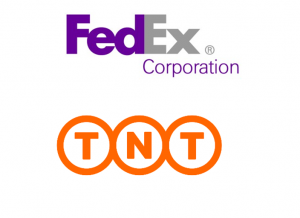
FedEx Corporation and TNT Express hereby jointly announce that they have obtained the unconditional… Read more »